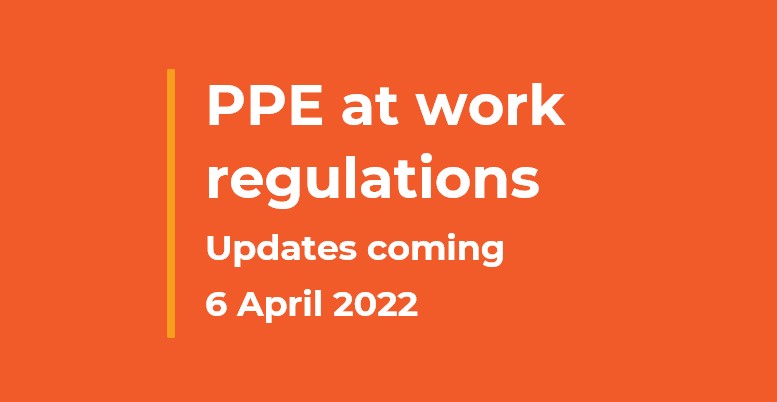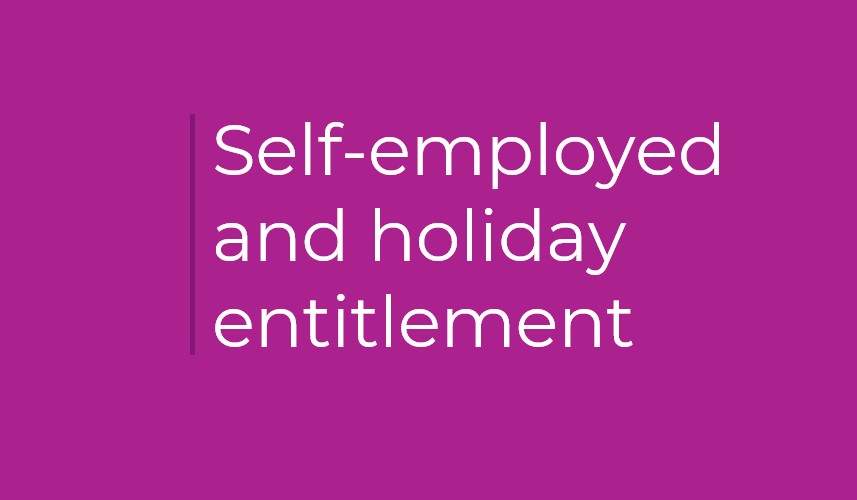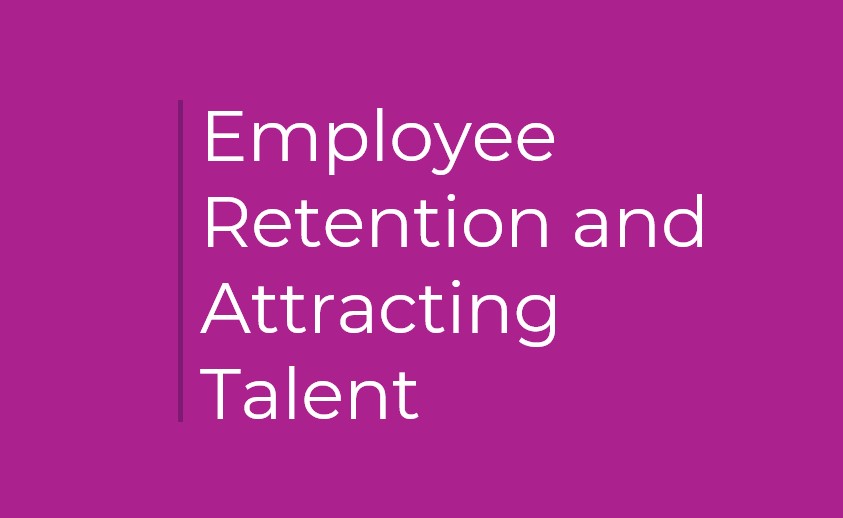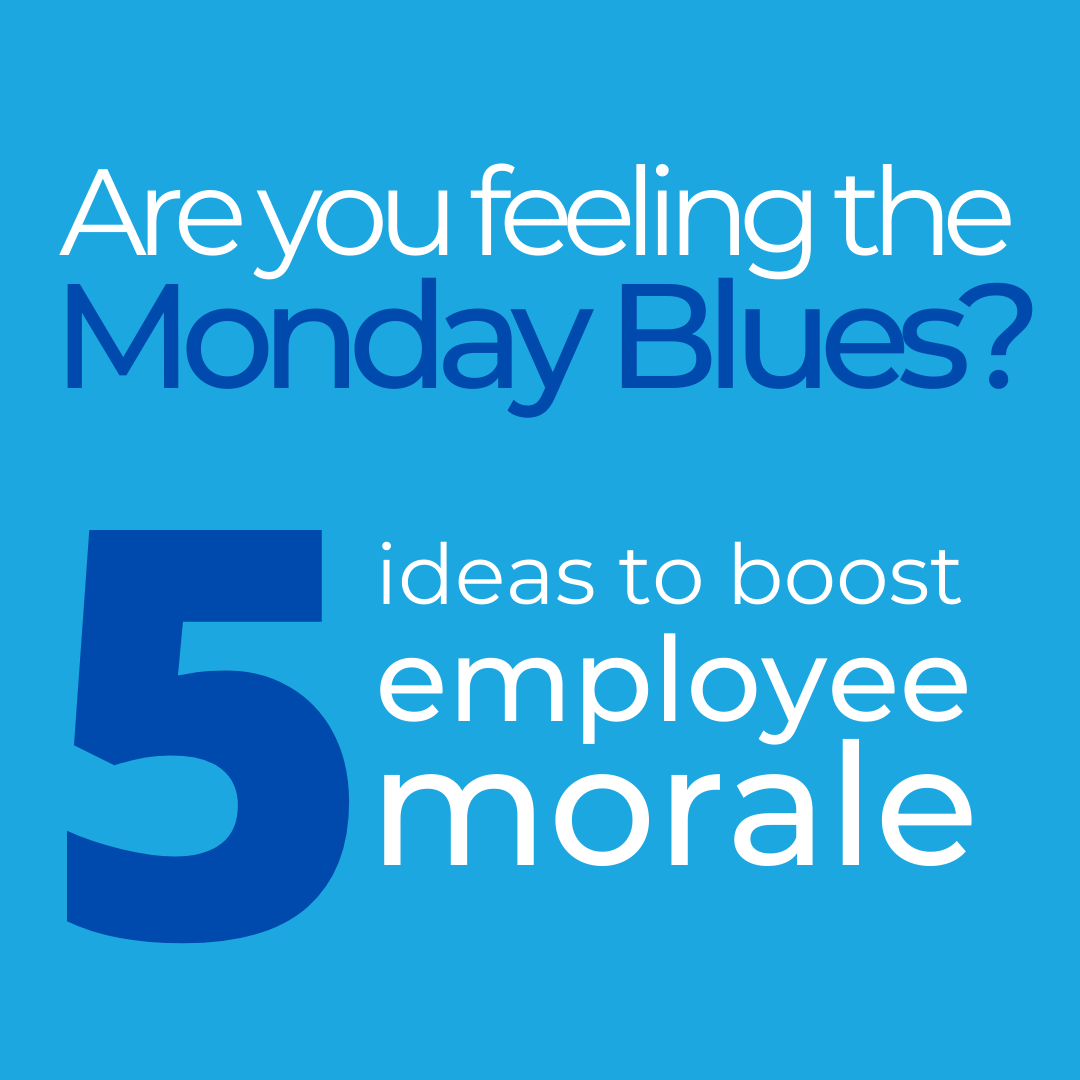hr advice from hr experts
Discipline in the workplace
As an employer you have a duty of care for your business and employees to establish and maintain a satisfactory standard of conduct and performance.
Take a look at our guide to navigate through a workplace disciplinary.
This guide will cover:
-
- How to begin the disciplinary procedure
- What is an informal action?
- What is a formal action?
- How to conduct a disciplinary hearing
- What is a formal warning?
Download Guide
What is a disciplinary?
A workplace disciplinary takes place when an employer wants to address an employee’s behaviour. This may be down to their workplace conduct, absences, or concerns over their work. The disciplinary refers to the hearing within the process.
Take a look at our Discipline, Grievance and appeals guide, writing by our SafeWorforce HR consultants.
Your Employee Handbook
Your employee handbook should include your workplace conduct to ensure your employees are aware of their expectations. In your handbook, you can outline the disciplinary procedure for your business which can be referred to if a problem arises with an employee.
Do you need help with your employee handbook?
Our consultancy packages include employee handbook creation by our experienced HR consultants. Need an employee handbook? Speak to our team today


What should you do if you want to begin the disciplinary procedure?
Application of the disciplinary procedure
-
Specify the levels of management in the business that have authority to take disciplinary actions.
-
Establish the facts and retain for future references
- Make notes
- Document events
- Take statements or interview witnesses
Remember: An investigatory meetings held to establish the facts of a case are not part of the formal disciplinary procedure and this should be made clear to the employee concerned.
Employees do not have to be given advance warning of an investigation meeting nor do they have the right to be accompanied at any such meeting.
For more information on the disciplinary procedure, read our helpful guide.
Informal Action
Cases of minor misconduct or initial poor performance are usually best dealt with informally. What should you do as an employer or manager?
Hold a meeting with the employee to discuss the issues
Keep notes and records of what was said any appropriate actions
Provide future actions your employee can take to resolve the issue
If necessary, schedule a meeting to discuss the progress

Formal Action
Where it is necessary to take the matter further and formal disciplinary action may be required, you must take the following steps:
-
A full investigation of the alleged breach must take place, it is important not to delay this process.
-
Following the investigation meeting, the employer must decide if a formal disciplinary action is necessary
-
If it is decided that formal disciplinary action needs to be considered, the employee should be notified in writing of the disciplinary hearing and informed of his/her right to be accompanied
-
Where evidence cannot be included with the letter (for example, a copy of CCTV footage), the employee should be given the opportunity to review it before the hearing. It is advised employers should give a minimum of 48 hours’ notice
For more details on the formal action process, read our helpful guide.
Disciplinary Hearing
What should be included in a disciplinary hearing?
- The employer should explain the allegations/concerns and go through the evidence gathered.
- The employee should be allowed to state their side of the case and answer any allegations/concerns made, be given a reasonable opportunity to ask questions, present evidence and call relevant witnesses.
- Where either party intends to call witnesses, they should give advance notice that they intend to do so.
- Once all information has been gathered and all relevant questions asked, the employer must call an adjournment to allow time to consider all matters discussed in the hearing.
Key thing to remember in a disciplinary hearing
- Keep a written record of all the events an any issues warnings on the employees file.
- Make sure the employee is aware when decisions regarding the disciplinary will take place.
- Remind the employee if a disciplinary action is taking place, they have a right to appeal.


Disciplinary Records
Keeping disciplinary records is vital to protect your business’ interests in the even of a possible tribunal clam of unfair dismissal.
Our software is the perfect place to store this information. Take a look at what it can do:
-
Electronic employee personnel files
-
Add actions for yourselves or other employees to complete
-
Request employees to view and sign documents
-
Complete employee and team evaluations
-
Set up KPI’’s for individuals and teams
What should a Formal Warning include?
For warnings other than dismissal the information should include:
In cases of poor performance:
- The performance problem
- The improvement that is required
- The timescale for achieving this improvement
- A review date, and
- Any support and assistance to be given
In cases of misconduct:
- The nature of the misconduct
- The improvement that is required, and
- The timescale for achieving this improvement

Do you need to start the disciplinary process?
Take a look at our disciplinary in the workplace guide, along with a helpful video that talks through the steps you need to take.



